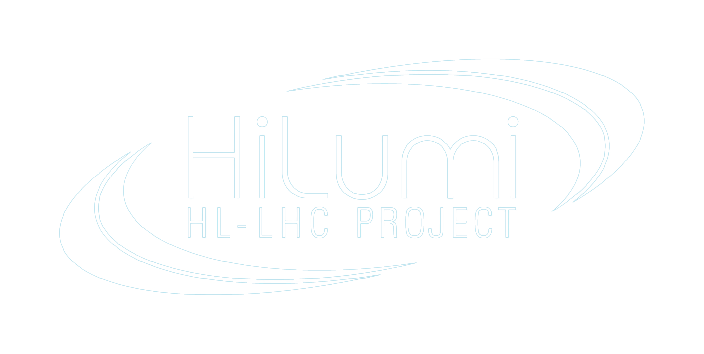Following a very successful exercise in 2021, CERNs Council has requested the Cost & schedule reviews of the HL-LHC project to be held annually, a lighter edition alternating every second year with a full project review. The 2022 – a light – edition has been scheduled for the 14th – 15th November.
The CSR’21, first foreseen 18 months after the November 2019 one, was rescheduled to November, to allow for the assessment and integration of the cost and schedule impact of the Covid-19 crisis. The general themes were treated on the first day: the project status was developed by O. Brüning, while M. Zerlauth covered all major configuration changes. B. di Girolamo reported on collaborations, complemented by a presentation focusing on the AUP contributions by G. Apollinari. Then followed cost, procurement, schedule and risk, as well as the production readiness reviews and the internalization options. On the second day, the review was conducted in two parallel sessions to allow coverage of all the project work-packages: one session dedicated to the TE department work-packages, the other one to the SY and BE department ones. Everyone gathered again in the main auditorium for the most transverse work-packages: the IT String, the General Infrastructures and the LS3 Installation schedule.
The project presented the reviewers a global over-cost estimate of 14.2 MCHF since the CSR’19. The statistical simulation across the risk catalogue revealed a remaining risk exposure of an additional 30 MCHF, mainly driven by the market volatility following the pandemic, as well as the uncertainties arising from the open in-kind collaborations. The budget commitments were expected to swell in 2022. Covid cost was assessed to 2 MCHF from claims directly attributable to the pandemic, while schedule impact was assessed to 3 to 6 months. Albeit also impacted by Covid, collaborations are vigorous, aside from the critical Russian contribution, for which the belated release of funds blocked activities and increased the schedule risk.
The reviewers praised the quality of documentation and presentations. The panel endorsed the increase in cost-to-completion asked by the project, while conjecturing a too scanty evaluation of market risk. Among other things, they recommended moving LS3 by one year, advised updating the cost estimates considering market conditions before assuming a reduction in uncertainty and asked for the elaboration of resource loaded back-up solutions for the in-kind contributions not yet funded.
The CSR22 will present the aftermath of COVID-19 and the Ukrainian war on markets and present the strategy for the progressive insourcing of the outstanding in-kind deliverables. Civil engineering contracts will have come to an end, while the crucial cryogenic contracts will have been committed. An update on the progress on key technologies will raise the reviewers’ interest. The IT String advancement will be reviewed prior to starting the main installation activities in 2023.
The CSR’21 marked the last review under the chairmanship of Norbert Holtkamp. The CSR’22 will be led by the new CMAC chair Mike Seidel, with a revised review committee membership. The project wishes to express all gratitude to Norbert, for his rigor, support and wisdom over the first 5 reviews and all along the project’s progress.
